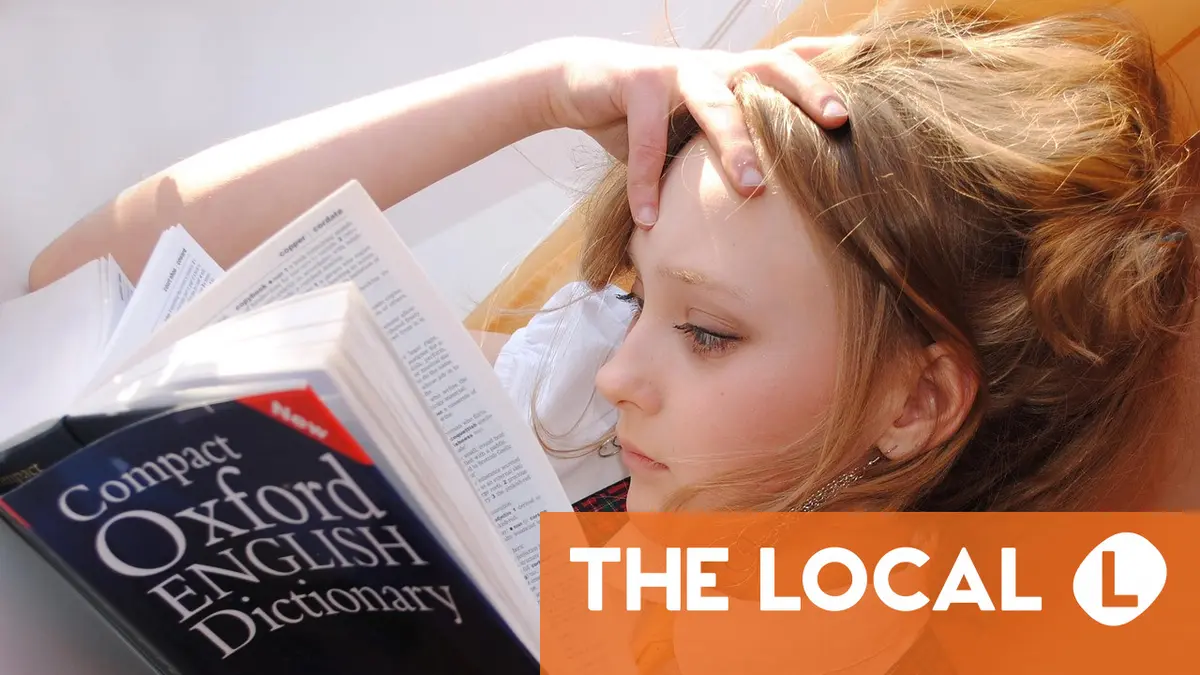Swiss voters could approve the right-wing anti-immigration initiative, and the government has set a list of its goals for 2026 — these are among the news that The Local reported this week. You can catch up on everything in this weekly roundup.
Voters could approve an anti-immigration proposal, new poll shows
An initiative by the right-wing Swiss People’s Party (SVP) to curb immigration once the country’s population reaches a certain threshold may seem extreme, but polls show it has a chance of passing.
It will be voted on in a referendum in 2026.
It calls for the Swiss government to stop the influx of foreigners when the country’s permanent resident population exceeds 9.5 million (it currently exceeds 9 million), which demographers expect within the next decade.
A recent poll shows that 48 percent of participants are in favour, or somewhat in favour, of imposing such a limit on immigration, while 45 percent would vote against it, and 7 percent are undecided
READ ALSO: Will Swiss voters back the anti-immigration proposal?
Switzerland has set its priorities for 2026
Each year, the Swiss government sets goals to be accomplished for the benefit of the country’s population the following year.
Among the ones for. 2026 is a better integration of immigrants, review of the current rental model and the rules for rent adjustments, financing for the road infrastructure, securing the inflow of funds to ensure current and future pensions, as well as creating operating, and financing a national rare disease registry.
READ ALSO: What are Switzerland’s priorities for 2026?
Advertisement
Swiss government earmarks money to hep foreigners integrate
Integration is a key requirement for any foreign national who wants to live and work in Switzerland, but it doesn’t come easy to some people.
To help them along, the government has earmarked over 248 million francs to be spent between 2024 and 2027, which will be allotted to cantons so they can help foreign nationals on their territories toward language courses, employment, counselling, as well as ‘protection against discrimination’ and ‘social integration.’
READ ALSO: How does Switzerland spend its money on helping foreign residents integrate?
Cost of Swiss naturalisation varies among regions
Naturalisation fees in Switzerland vary from canton to canton – and sometimes by municipality within that canton – with some cheaper (or more expensive) than others.
Applicants need to pay federal, cantonal, and municipal fees just for the administrative procedures, but other costs may be incurred as well – for instance, the criminal record extract, debt collection register extract, confirmation of residence, civil status register extract, as well as anything else that local authorities may require.
READ ALSO: How much does it cost to become a Swiss citizen in 2025
Advertisement
Zurich’s decision to stop teaching French in primary schools stirs controversy
Zurich’s recent move to stop teaching French in primary schools has sparked controversy among Switzerland’s educators and politicians.
Questions have been raised about the legality of this move, as Swiss law requires all public schools to teach one national language other than the native to a particular canton.
However, as Zurich authorities want to delay French lessons until secondary school and not scrap them from the curriculum altogether, they are not afoul of the federal law.
READ ALSO: Is Zurich breaking Swiss law by scrapping French lessons in primary schools?
Advertisement
Swiss airports reveal timetable for roll out of EES border checks
Switzerland will introduce the EU’s new Entry/Exit System (EES) from October 12th, with Geneva and Zurich set to be among the first airports to implement the checks for non-EU travellers.
The EU’s long-delayed Entry and Exit System is finally set to come into force from October.
The new biometric border control scheme, which involves taking fingerprints and facial scans from non-EU travellers, will gradually replace the current system of manual passport stamps.
The EU has asked each country to have at least one point of entry operating the EES checks from October 12th. In Switzerland, Geneva and Zurich are set to be the first airports to roll it out.
READ MORE: What we know about the autumn rollout of EES checks at Swiss airports
